
Legislative Highlights
Update on Legislature and Budget Process:
This week the Senate did not have any votes as redistricting meetings are taking place across the state and budget negotiations are ongoing. Senator deViere was appointed to be a negotiator and member of the conference committee for the budget SB105 2021 Appropriations Act. He has been working for a budget that works for all North Carolinians.
Information on Legislative and Congressional Redistricting:
Currently, the Joint Committee on Redistricting and Elections is seeking public comment about the redistricting process and are hosting public hearings across the state.
Schedule of Upcoming Public Hearings:
- 9/21 – 5pm Western Carolina University (Cullowhee, NC)
- 9/22 – 3pm Central Piedmont Community College (Charlotte, NC)
- 9/23 – 3pm Mitchell Community College, Iredell Campus (Statesville, NC)
- 9/28 – 4pm UNC Pembroke (Pembroke, NC)
- 9/29 – 5pm UNC Wilmington (Wilmington, NC)
- 9/30 – 6pm Fayetteville Tech Community College (Fayetteville, NC)
- Tony Rand Student Center – 2220 Hull Rd, Fayetteville, NC
You can signup to make a public comment online one week before the meeting at this link, or in person starting an hour before the meeting.
FSU Student and Community Town Hall

Fayetteville State University and Senator Kirk deViere are hosting a town hall for students at the Rudolph Jones Student Center at Fayetteville State University on Thursday Sept 23 from 3:00-4:30pm.
This will be a rolling event, please feel free to drop by the Student Center as available between 3-4:30pm. Senator deViere will be standing by to meet with constituents during this time. This town hall is an opportunity to meet your state Senator, ask questions about the legislative process, and make your voice heard.
*Masks are required, social distancing will be enforced.
Covid-19 Vaccine Update
A free COVID-19 vaccine will be available to all who want it.
Rest assured: you have a spot to take your shot.
- You will likely need an appointment to get vaccinated.
- Your local vaccine provider can help you get your shot. Because supplies are very limited right now, most doctors cannot provide vaccinations in their offices.
- You can also call the toll-free COVID-19 Vaccine Help Center at 1-888-675-4567.
What you should know:
- The vaccine is free everywhere in North Carolina.
- No photo ID or insurance is needed.
- Depending on where you get your vaccine, you may need to make an appointment.
- U.S. citizenship is not required or checked.
Find Vaccine Location: https://myspot.nc.gov/
Need transportation to and from your vaccine or test provider? People who need transportation assistance to a COVID-19 vaccine or testing appointment should reach out to their local transit agency. You can find your local transit agency online and can call the phone number listed for assistance.
Need transportation to and from your vaccine or test provider? People who need transportation assistance to a COVID-19 vaccine or testing appointment should reach out to their local transit agency. You can find your local transit agency online and can call the phone number listed for assistance.
As of September 3, North Carolina has administered over 10.6 million doses of the Covid-19 vaccine:
Statewide:
-5,488,604 first doses
-5,014,434 second doses
-406,854 single shot doses
10,909,892 Total Doses
Cumberland County:
-202,138 with at least one dose (60%)
-176,522 fully vaccinated (53%)
More info on Vaccines: https://covid19.ncdhhs.gov/dashboard/vaccinations
The NC Department of Health & Human Services is sponsoring free COVID-19 testing sites throughout North Carolina.
Find Free Testing Location: https://covid19.ncdhhs.gov/about-covid-19/testing/find-my-testing-place/no-cost-community-testing-events
Update on Unemployment Benefits
The week ending Sept. 4, 2021, is the last payable week for all federal pandemic unemployment programs in North Carolina. The programs include Pandemic Emergency Unemployment Compensation (PEUC), Pandemic Unemployment Assistance (PUA), Federal Pandemic Unemployment Compensation (FPUC) and Mixed Earners Unemployment Compensation
(MEUC).
For weeks beginning after Sept 4, state unemployment benefits will be the only benefits available in North Carolina. To be eligible for state unemployment benefits:
- You must be unemployed due to no fault of your own.
- You must have earned sufficient wages in employment that was subject to unemployment insurance tax.
- You must be physically able and available to work.
- You must be actively seeking work.
Under state law, North Carolina currently provides eligible claimants with up to 13 weeks of benefits in a one-year period, with a maximum benefit of $350 per week.
As federal unemployment benefits end, the following programs are available to help North Carolinians who qualify with rent, utilities, food, health care or other needs:
Need help finding a job?
NCWorks Career Centers offer a wide variety of services to help individuals at every step of the job search journey, all of which are free of charge. Visit NCWorks.gov or call 1-855-NCWORKS or 1-855-629-6757 to find an NCWorks Career Center in your community or to access virtual services.
Do you need help with rent, mortgage, or utilities?
The Housing Opportunities and Prevention of Evictions Program, known as the HOPE Program, provides rent and utility assistance to qualifying renters who are experiencing financial hardship due to COVID-19. The program helps prevent evictions and utility disconnections. Learn more and apply for the program at www.rebuild.nc.gov/hopeprogram or by calling 1-888-9ASK-HOPE or 1-888-927-5467.
The Low Income Energy Assistance Program (LIEAP) and Crisis Intervention Program (CIP) provide assistance through vendor payment to help households pay heating and cooling bills. For more information, contact your local Department of Social Services or apply online at https://epass.nc.gov.
Foreclosure Prevention: Whether you’re actively facing or at risk of foreclosure on your home, North Carolina offers free resources to help. To receive free foreclosure counseling, call the North Carolina Housing Finance Agency at 1-888-442-8188.
Legal Assistance: If you are concerned about eviction or your landlord has started eviction proceedings, contact Legal Aid of NC at 1-866-219-5262 for legal assistance.
Find additional information for renters through the HUD Rental Housing Counseling and Eviction Prevention Program, including contact information for local housing counselors.
Do you need food assistance?
Food and Nutrition Services (Food Stamps) provides eligible families and individuals the food they need for a nutritionally adequate diet. Benefits are issued via Electronic Benefit Transfer cards. Users may use the ebtEdge Mobile app to check balances and locate stores that accept benefits. For more information, contact your local Department of Social Services or apply online at https://epass.nc.gov.
Do you need help with health care or mental health?
Medicaid provides access to physical and behavioral health services to improve health and well-being for North Carolinians. Services include, but are not limited to, physical, behavioral health, and substance use services; pharmacy benefits; and services and supports for people with chronic and long-term health care needs. The NC Medicaid Beneficiary Portal offers information on eligibility and applying for Medicaid. For more information, contact your local Department of Social Services or apply online at https://epass.nc.gov.
Rural Health Centers, located in rural communities of North Carolina, offer basic health care to all residents, regardless of your ability to pay. Call the Rural Health Center in your area to schedule an appointment.
The Medication Assistance Program (MAP) provides assistance to low-income,
uninsured patients who need access to prescription drugs and cannot afford them. MAP is available at participating health center sites around the state, such as free and charitable health clinics, and rural and community health centers.
The Hope4NC Helpline is a free, confidential mental health resource available statewide. Individuals can call or text ‘hope’ to 1-855-587-3463, 24 hours a day, seven days a week to access emotional support, counseling referrals and community resources. A live person will always answer, no matter when help is needed.
Do you need help with child care or child support?
Subsidized Child Care Assistance provides ongoing financial assistance via vouchers for families in need of child care services from enrolled providers. Eligibility may be limited based on financial and situational criteria. For more information, contact your local Department of Social Services.
Child Support Services is available to anyone needing help to establish paternity, establish and collect a court order obligation for child support, or collect child support on an existing obligation. The program is not authorized to assist with custody, visitation or property disagreements. For more information, contact your local Department of Social Services or apply online at https://ncchildsupport.com.
Other Assistance:
North Carolina’s Temporary Assistance for Needy Families program, called Work First, provides parents (and in some situations where children reside in the care of relatives) with short-term training and other services to help them become employed and move toward self-sufficiency. For more information, contact your local Department of Social Services.
Community Services Block Grants offer support to individuals who are currently at or below 100% of the federal poverty level to meet employment, housing and crisis prevention needs. Contact the Community Action Agency in your area for information on how to apply.
The federal Child Tax Credit provides eligible families with children payments of $3,000 per child 6-17 years old and $3,600 per child under 6 years old. Most families don’t have to do anything to receive this payment. But people who don’t normally file tax returns, which often include people experiencing homelessness, must register to claim their payments. The IRS created the Non-Filer Sign-Up Tool as a free and easy way to help people in this situation. The IRS’s Volunteer Income Tax Assistance (VITA) program may be available to provide additional assistance.
NC 211: You can dial 2-1-1 or 888-892-1162 to connect with an NC 211 Call Specialist. Call Specialists are available 24 hours a day, 7 days a week, and the call is free and confidential. Multi-lingual service is available. Call Specialists have access to a database of community-based resources and can provide details about available resources in your area. The database is also available online at nc211.org.
In The Community
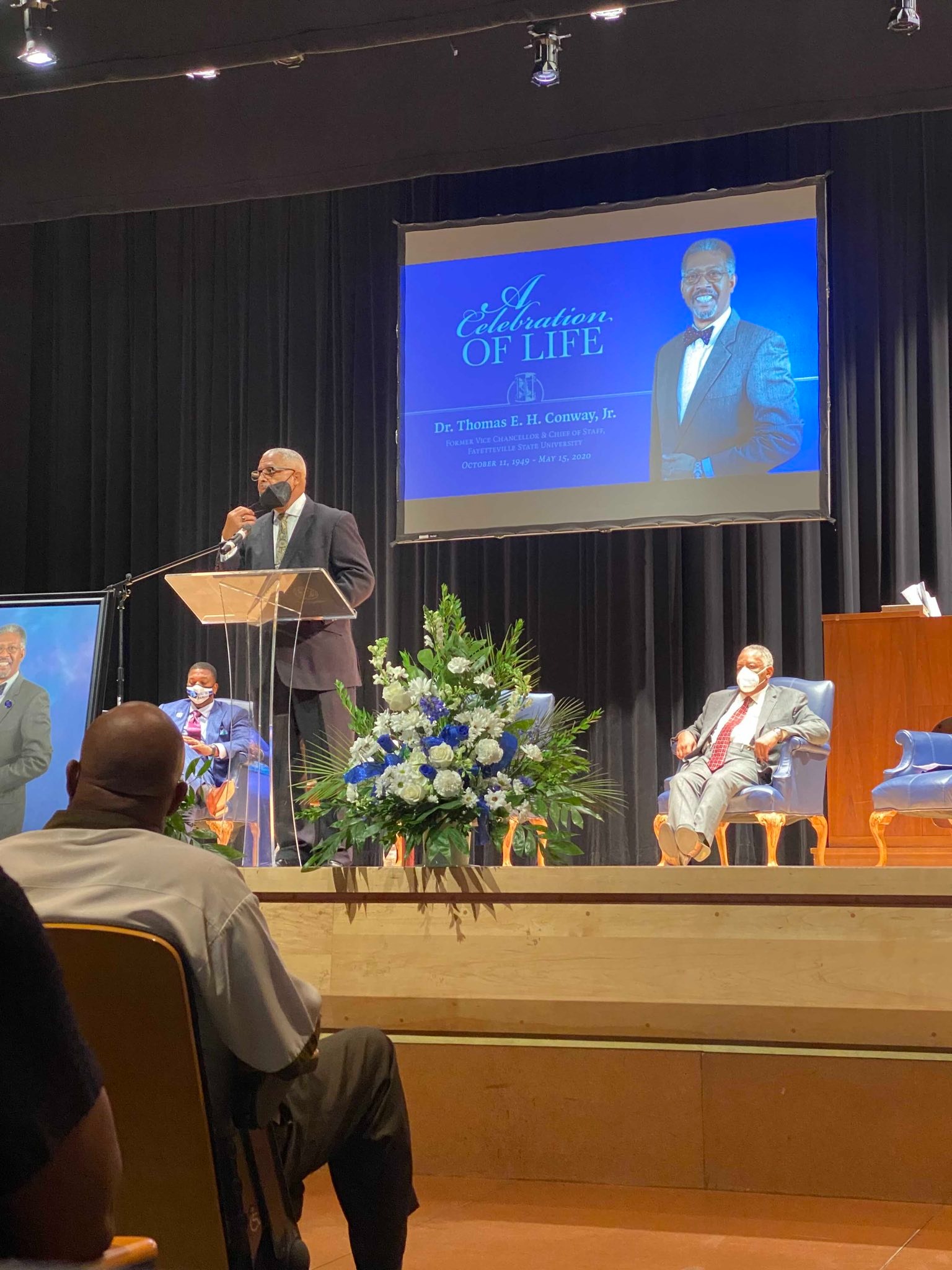
Above: Senator deViere attends a Celebration of Life Dr. Thomas Conway, Jr. at Fayetteville State University.
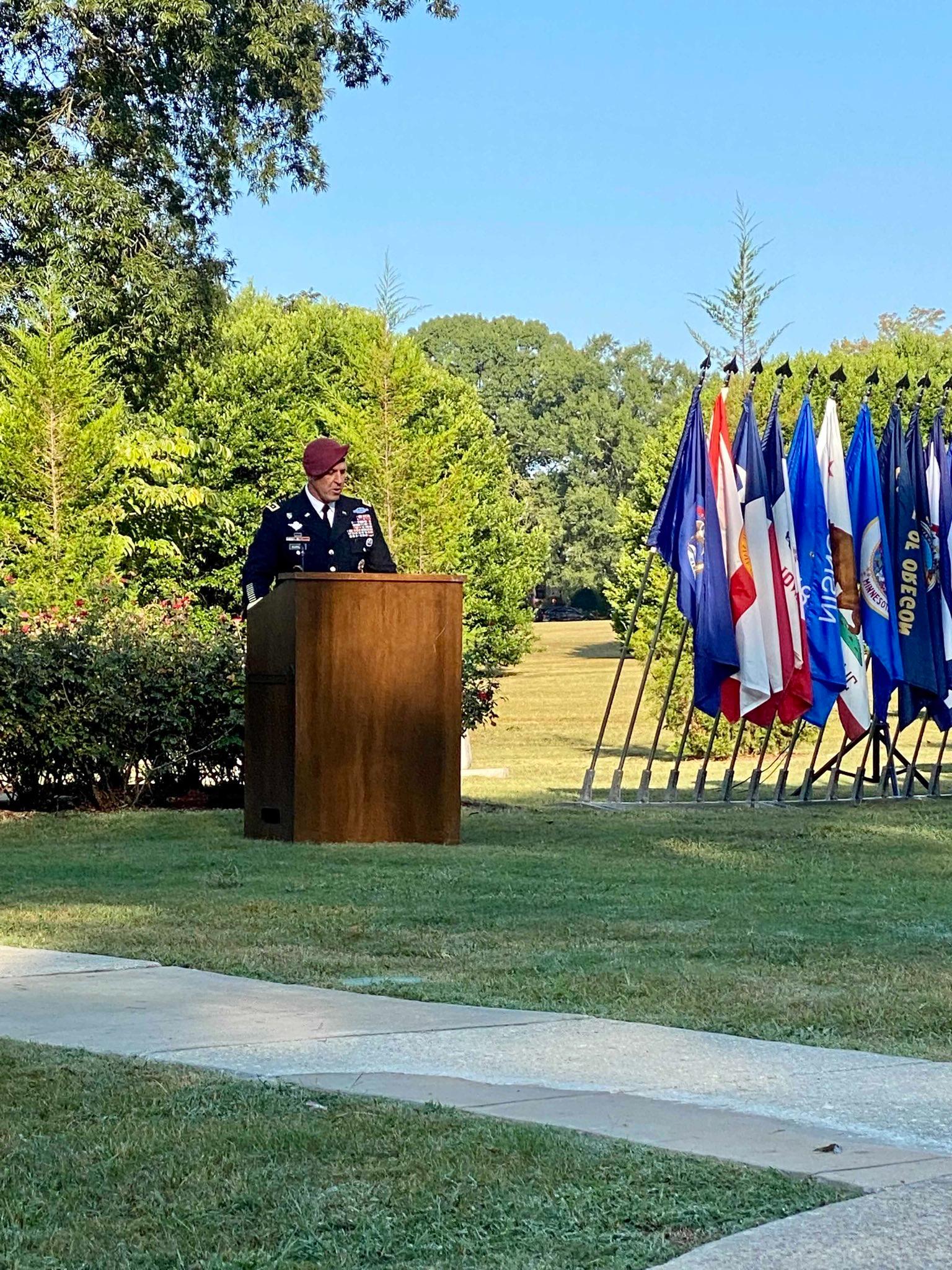
Above: Senator deViere attends the US Army Remembrance Ceremony in honor of the 20th Anniversary of 9/11.
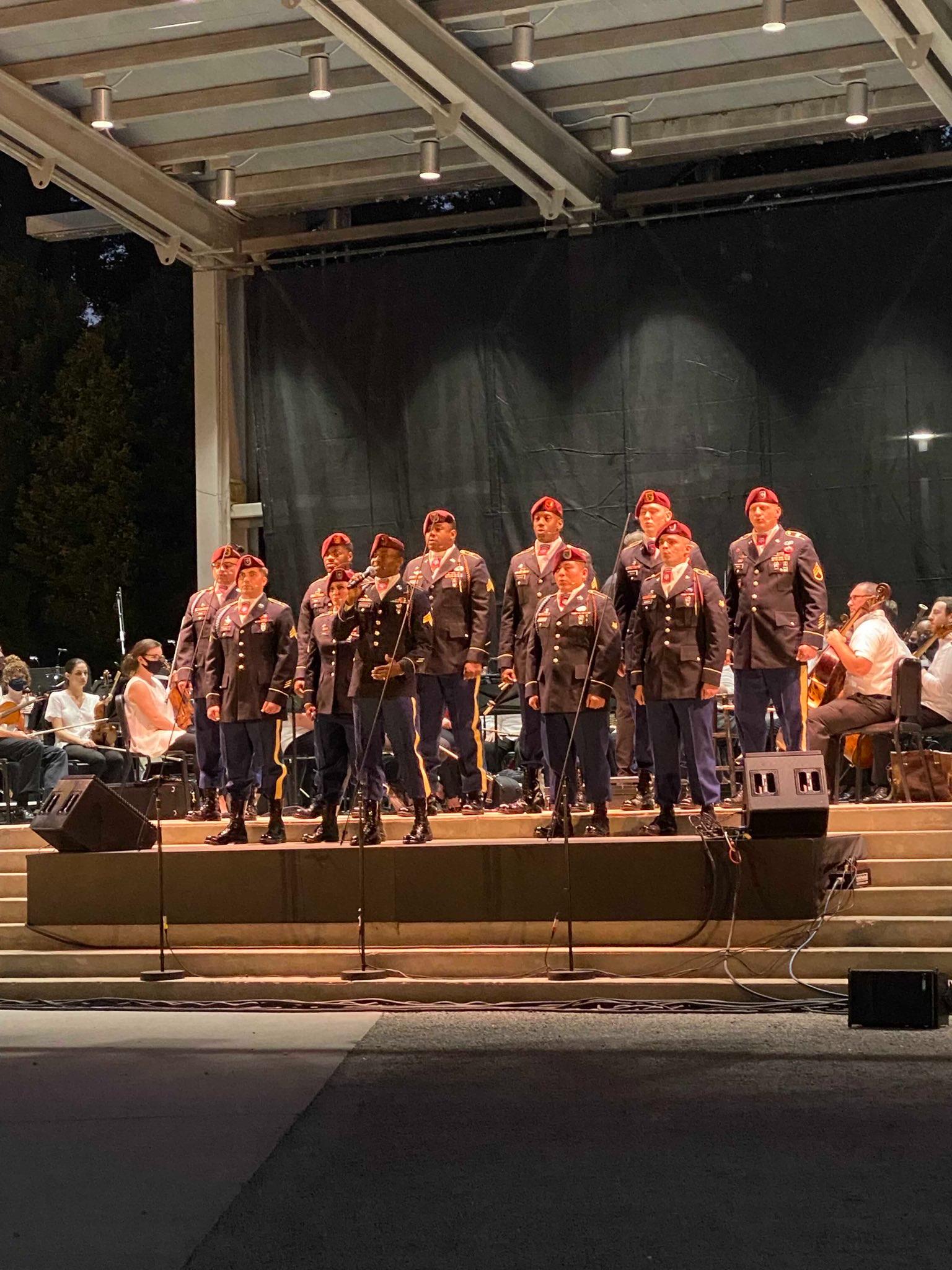
Above: Senator deViere attends Where Were You presented by Cape Fear Regional Theatre, The Fayetteville Symphony Orchestra, and Ft. Bragg.
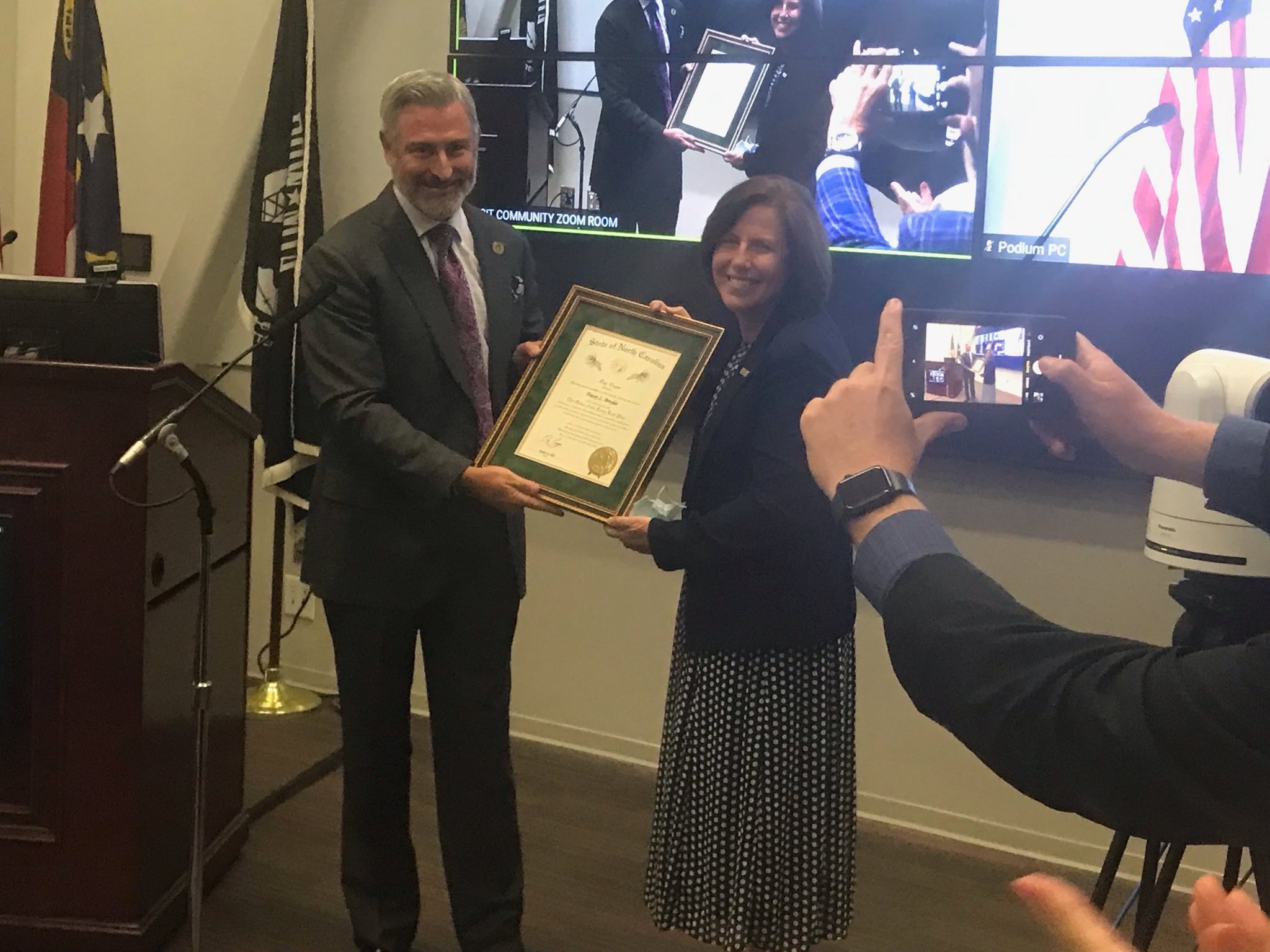
Above: Senator deViere presents the Order of the Long Leaf Pine to 30 year Fayetteville City employee Tracey Broyles.
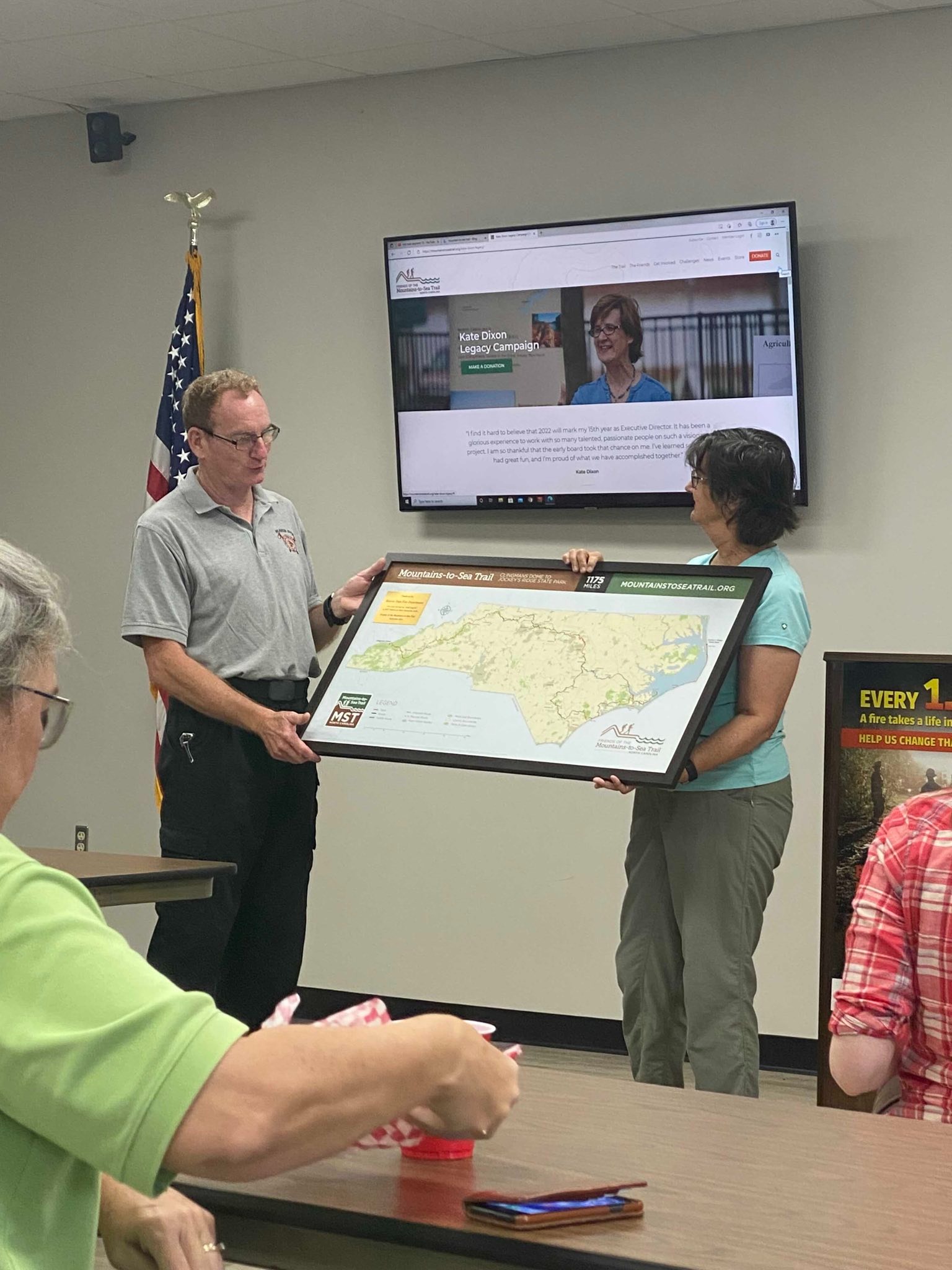
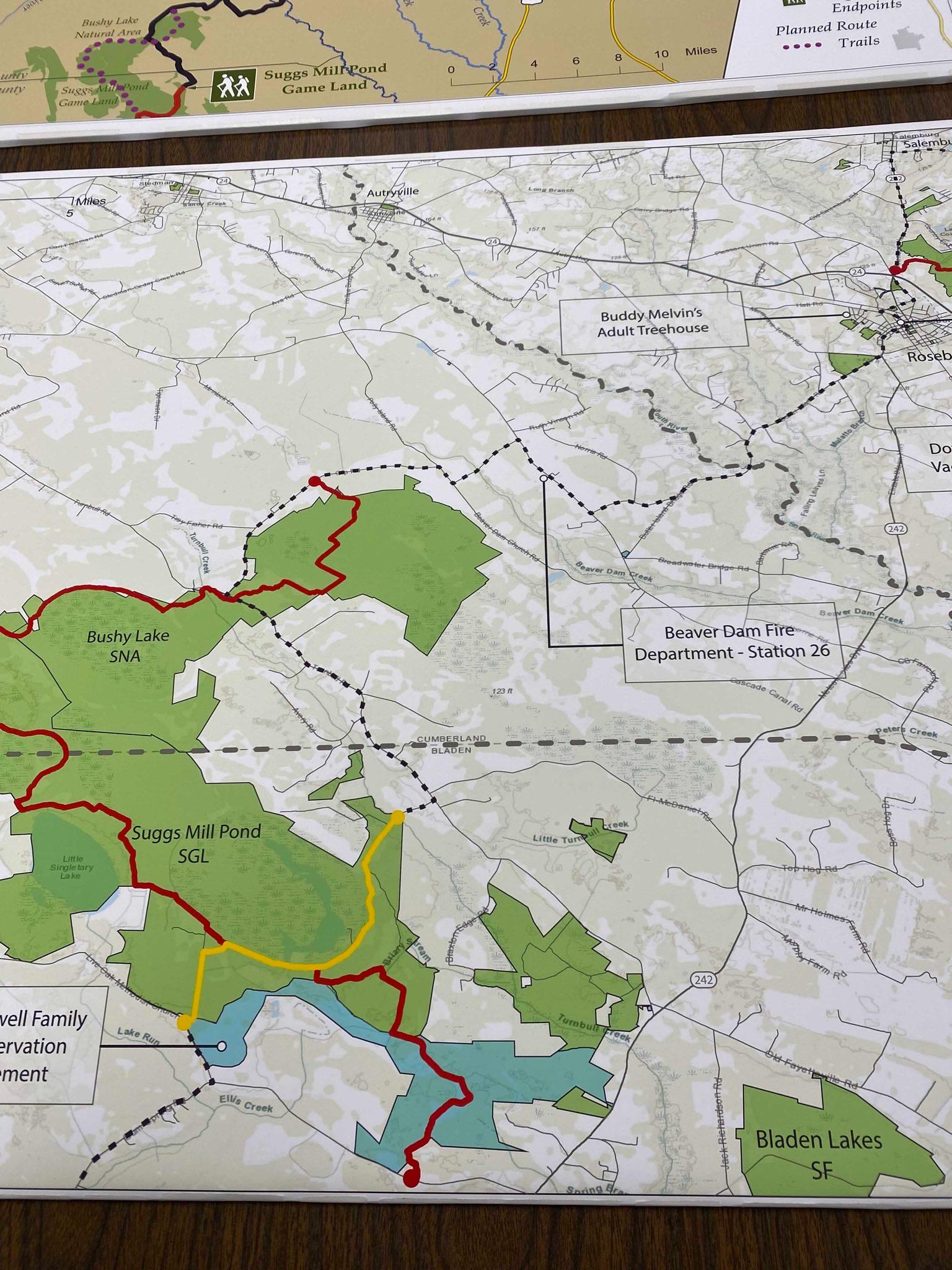
Above: Senator deViere attends a community meeting at Beaver Dam Fire Department about the Mountains to Sea Trail which goes through Cumberland.
Available Resources
Fayetteville/Cumberland Rental Assistance Program (RAP):
Eligible residents of Fayetteville and Cumberland County can apply for rent and utility aid through the Emergency Rental Assistance Program (RAP). The RAP will help cover past, current or upcoming rent or utility payments for households experiencing economic constraints from the COVID-19 pandemic.
To be eligible, a household must be obligated to pay rent on a residential dwelling and meet the following criteria:
- Resident of the City of Fayetteville or Cumberland County, North Carolina;
- One or more individuals within the household has qualified for unemployment benefits or experienced a reduction in household income, incurred significant costs, or experienced other financial hardship due, directly or indirectly, to the COVID-19 pandemic;
- One or more individuals within the household can demonstrate a risk of experiencing homelessness or housing instability; and
- Household income is at or below 80% of the Area Median Income. Please note that households with an income at or below 50% will be prioritized during the first 30 days of the program to ensure funding is made available to our most vulnerable populations. Households not in this priority group are still encouraged to apply at this time and should be aware of potential delays in application review and processing.
Landlords may begin an application and invite tenants to request assistance for rental arrears.
More info and application: https://iem-preregistration.com/cumberland-nc
More info and application: https://iem-preregistration.com/cumberland-nc
New Broadband Affordability Program
The Emergency Broadband Benefit Program is a Federal Communications Commission (FCC) program that provides a temporary discount on monthly broadband bills for qualifying low-income households.
If your household is eligible, you can receive:
- Up to a $50/month discount on your broadband service and associated equipment rentals
- Up to a $75/month discount if your household is on qualifying Tribal lands
- A one-time discount of up to $100 for a laptop, tablet, or desktop computer (with a co-payment of more than $10 but less than $50)
Only one monthly service discount and one device discount is allowed per household.
More info and application: https://getemergencybroadband.org/
Legislative Update
The North Carolina General Assembly is currently in the long session. All Senate bills for the session are now filed.
- Click here for all introduced or sponsored bills.
- Click here to view voting record.
- Click here to view committees.
The Office of Senator Kirk deViere will remain open to assist constituents with concerns, as well as to field opinions regarding the Senator’s legislative actions.
Please don’t hesitate to reach out to our office:
Directly: DeviereLA@ncleg.gov
Office: (919) 733-5776